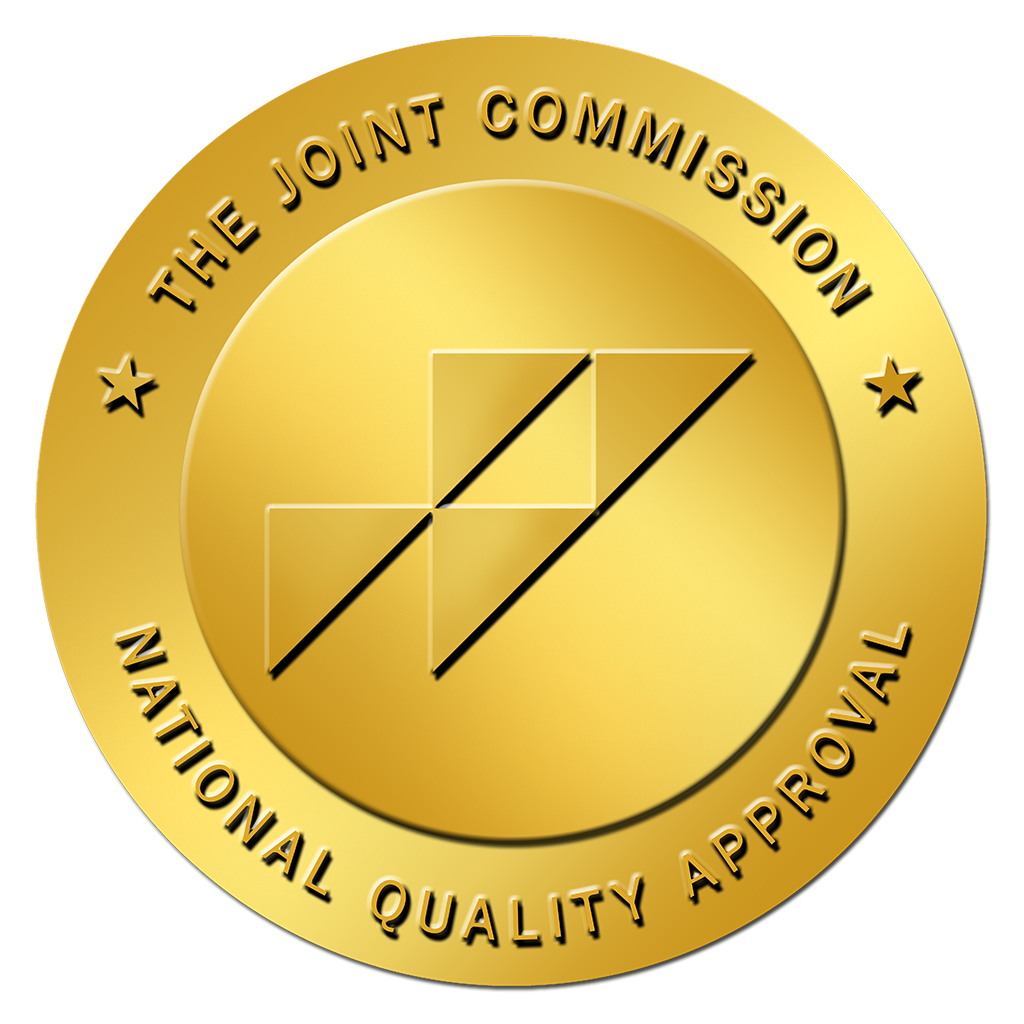Blog

Does Outpatient Drug Rehab Work? A Comprehensive Look at Effectiveness and Benefits
When facing the challenges of drug addiction, choosing the right treatment program is crucial. Outpatient drug rehab has emerged as a popular and effective option for many individuals seeking recovery while maintaining their daily responsibilities. But does outpatient drug rehab really work? In this blog post, we will delve into the effectiveness of outpatient rehab, explore its benefits, and highlight

Understanding Outpatient Drug Rehab: A Comprehensive Guide
Drug addiction is a complex and challenging issue that affects millions of individuals and families around the world. Fortunately, there are various treatment options available to help individuals overcome substance abuse and reclaim their lives. One such option is outpatient rehab, which offers flexibility and support for those seeking recovery while maintaining their daily responsibilities. In this blog post, we’ll
Fentanyl: The Synthetic Opioid Fueling America’s Opioid Crisis
The United States is currently experiencing a pandemic of fentanyl overdoses. Fentanyl is a synthetic opioid that is 50-100 times more potent than morphine, and even a small amount can be lethal. The widespread availability of fentanyl has resulted in a sharp increase in overdose deaths, making it a national public health crisis. However, there is hope. Intensive outpatient treatment
September Is Recovery Month + The Arise Difference
Since its inception in 1989, Recovery Month has stood as an annual beacon of hope and inspiration, shining a light on the path to recovery for individuals grappling with substance use disorders.
Intensive Outpatient Treatment: A Great Option for Substance Use Treatment
Intensive outpatient treatment is a great option for individuals struggling with substance use disorders, including fentanyl addiction. IOP provides a more flexible treatment option, allowing individuals to continue working or going to school while receiving treatment. Arise Recovery Centers’ IOP programs are designed to provide a personalized treatment plan that addresses each individual’s unique needs. Our programs include individual and



